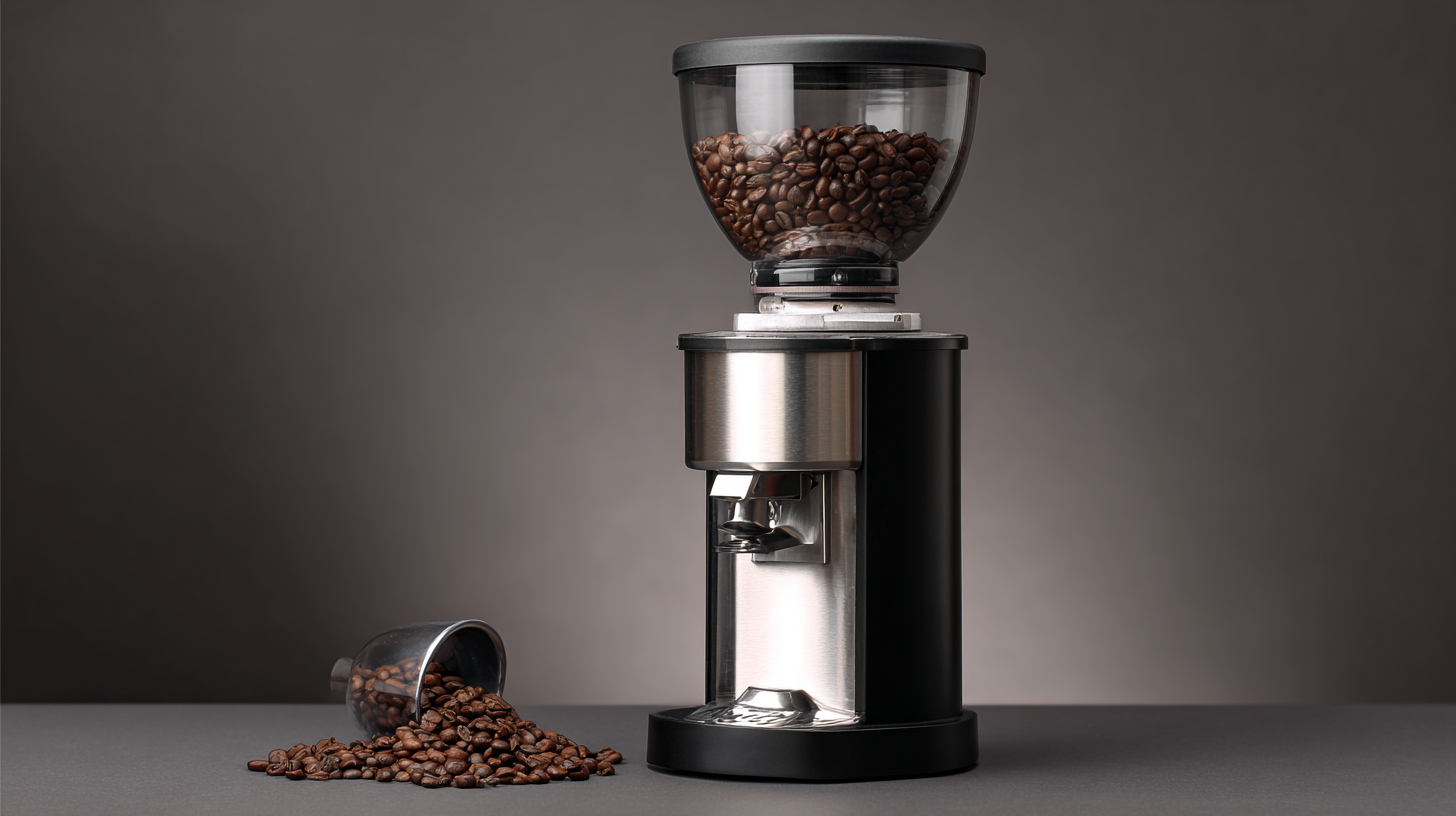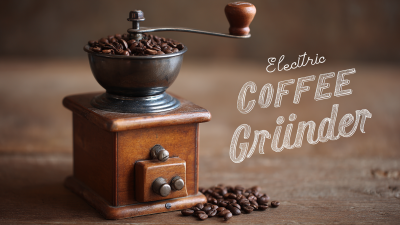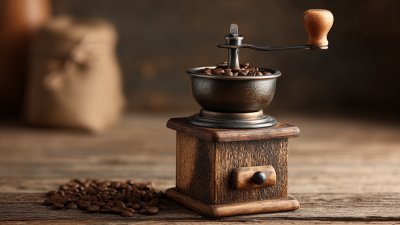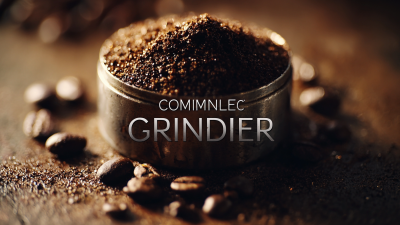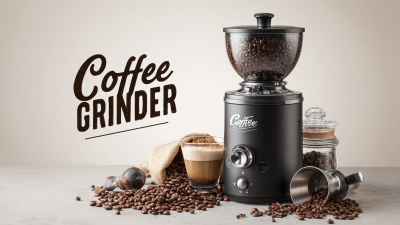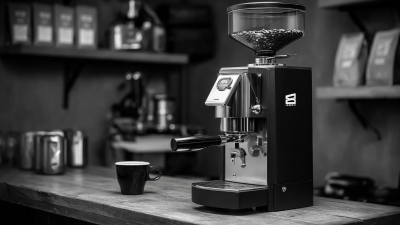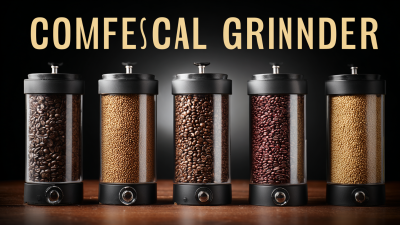Leave Your Message
-
Phone
-
E-mail
-
Whatsapp
-
Whatsapp


When it comes to establishing a successful coffee business, one of the most crucial tools you will invest in is a commercial coffee grinder. The quality of your coffee begins with how well the beans are ground, impacting both flavor and aroma. Choosing the right commercial coffee grinder can significantly enhance your brewing process, leading to a superior customer experience and increased sales. With a myriad of options available in the market, from blade grinders to burr grinders, each with their own unique features and benefits, it’s essential to consider your specific business needs before making a purchase. This ultimate guide will walk you through the critical factors you should evaluate, ensuring you select the best commercial coffee grinder that aligns perfectly with your operational requirements, budget, and overall vision for your business. Whether you’re running a bustling café or a small coffee cart, the right equipment will make all the difference in serving exceptional coffee to your patrons.
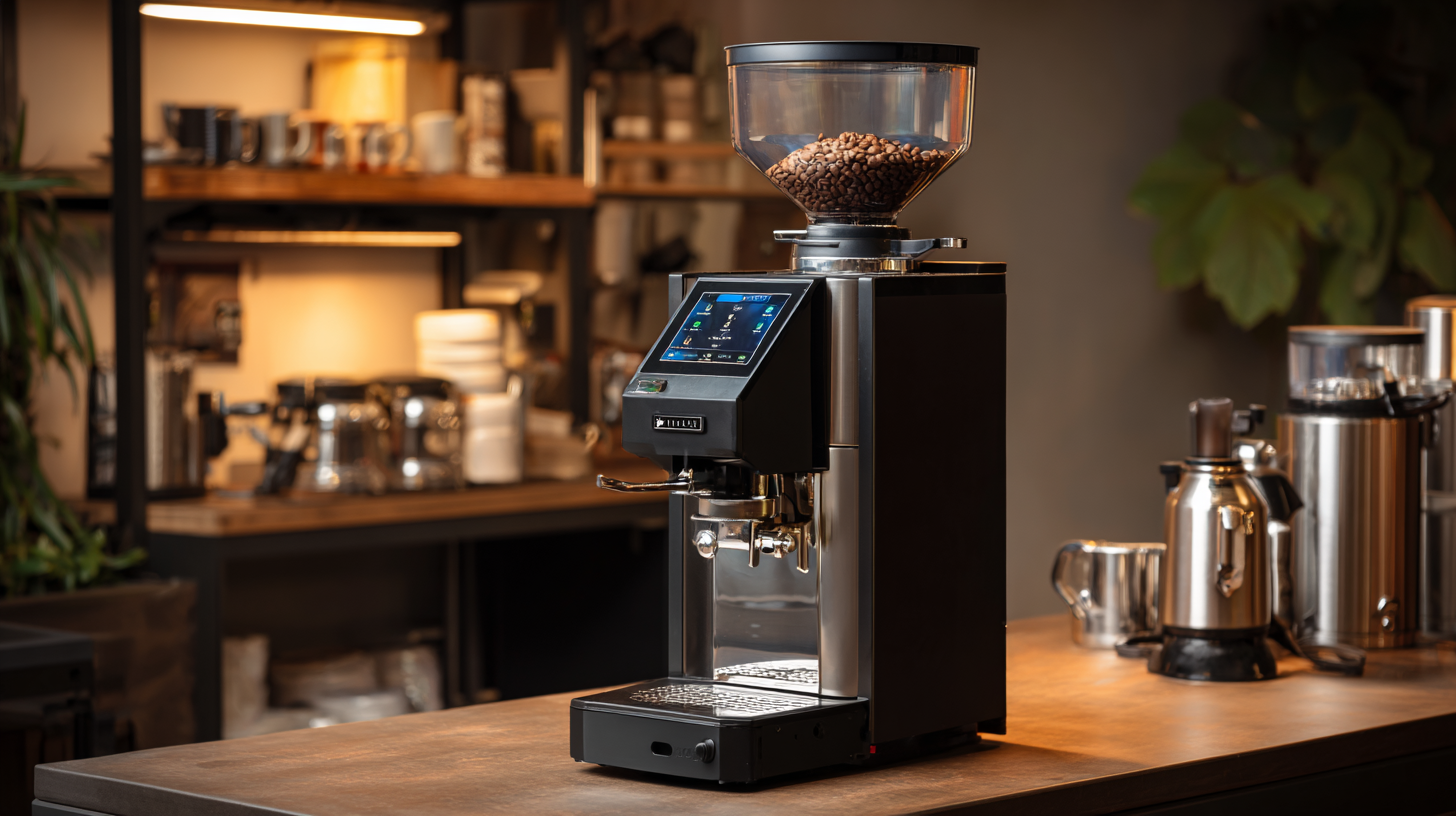
When selecting a commercial coffee grinder for your business, there are several key factors to consider to ensure you meet both your operational needs and customer preferences. First, the grind size options are crucial; different beverages require specific grind sizes, from fine for espresso to coarse for French press. A versatile grinder that offers a wide range of grind settings will enable you to cater to diverse customer tastes and maintain high product quality.
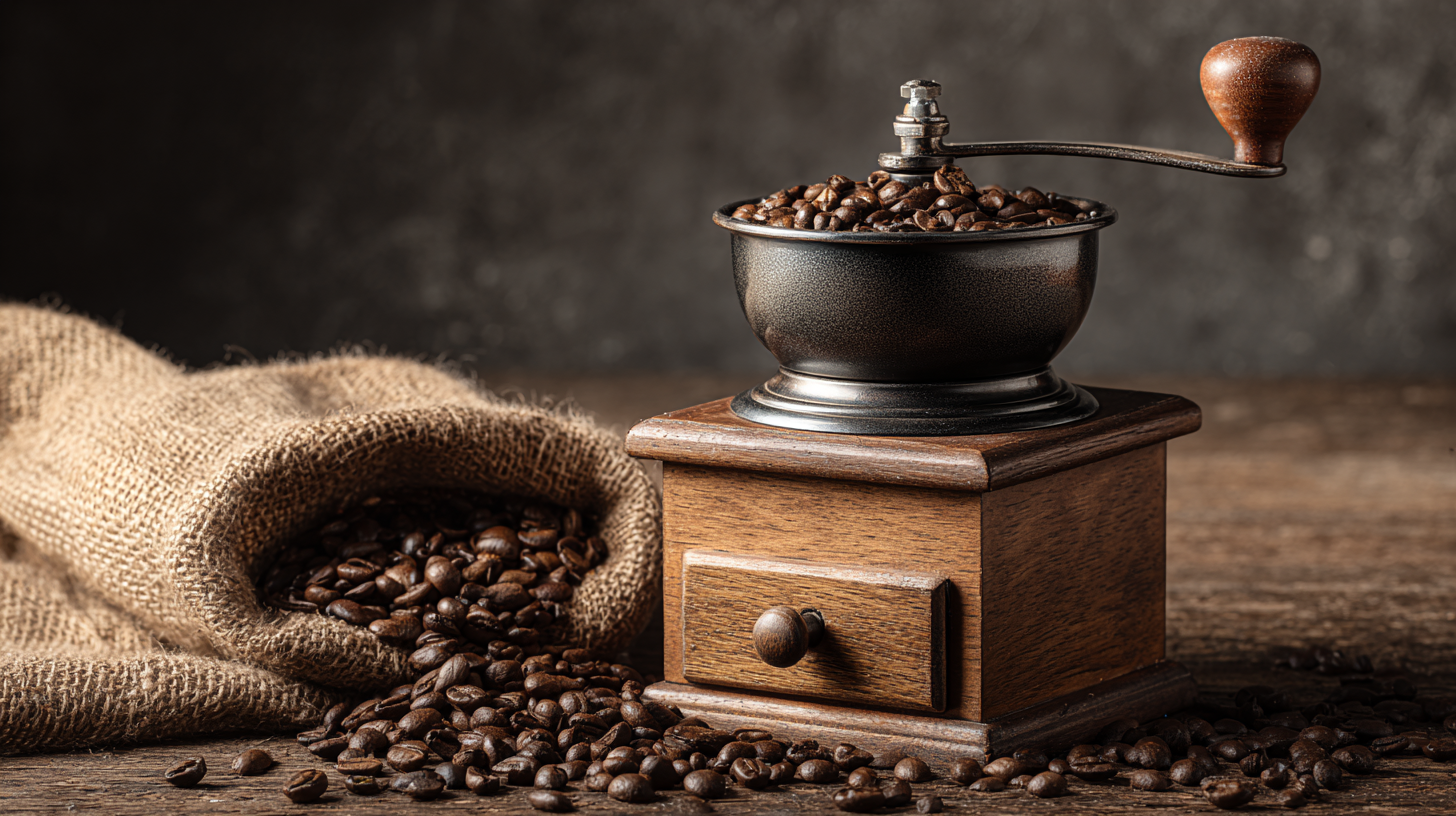
Another important consideration is the grinder's capacity and durability. Businesses with high customer traffic may necessitate a grinder that can handle larger volumes while maintaining consistent performance. Look for a model with robust construction and a reliable motor to ensure longevity and minimize downtime. Additionally, ease of cleaning and maintenance cannot be overlooked; a grinder that is simple to disassemble will help streamline your operational processes and keep your equipment in top condition, delivering the quality coffee your patrons expect.
When selecting a commercial coffee grinder, it's essential to understand the various types available to meet your business needs. The two main categories are blade grinders and burr grinders. Blade grinders utilize sharp blades to chop coffee beans, which can be a cost-effective option for smaller operations. However, they often produce uneven grind sizes, which can affect the flavor consistency of brewed coffee. For businesses focused on quality, a burr grinder is the superior choice, as it crushes beans between two revolving surfaces, ensuring a uniform grind and enhanced flavor extraction.
Within burr grinders, you’ll find two primary types: flat and conical. Flat burr grinders have two parallel surfaces that grind the beans evenly, making them ideal for espresso preparation, where precision is crucial. On the other hand, conical burr grinders feature a cone-shaped burr that provides a consistent grind while also reducing heat during the grinding process, making them versatile for various brewing methods. Choosing the right grinder type can significantly impact your coffee quality, customer satisfaction, and ultimately, your business success.
When choosing a commercial coffee grinder, understanding the balance between capacity and grind size is essential for meeting your business needs. The grind size greatly influences the extraction process, which in turn affects the flavor profile of the coffee. A coarser grind is ideal for methods like cold brew or French press, while a finer grind is necessary for espresso. By analyzing your menu offerings, you can determine the grind size most suited for your beverages, ensuring consistent flavor and quality across the board.
Capacity is another crucial factor to consider. A grinder that can handle the volume of coffee your establishment serves will minimize downtime and maximize efficiency. For businesses with high daily traffic, look for grinders that can accommodate larger batches without compromising on performance. Additionally, some grinders offer adjustment features that allow you to fine-tune the grind size easily, catering to evolving customer preferences or seasonal offerings. Investing in a versatile and robust commercial coffee grinder tailored to your specific needs will ultimately enhance your coffee service and customer satisfaction.
When selecting a commercial coffee grinder, maintenance and durability are crucial factors that directly impact your business's efficiency and coffee quality. According to a report by IBISWorld, the coffee shop industry in the U.S. generates over $45 billion in revenue yearly, highlighting the necessity for reliable equipment. A high-quality grinder can last up to 15 years with proper care, ensuring you maximize your investment while delivering consistently great coffee to your customers.
Tip: Regularly clean your grinder to prevent oil buildup and coffee residue, which can affect the taste of your brews. Use a grinder brush daily and implement a deep cleaning schedule every month for optimal performance.
Durability in coffee grinders often comes down to the materials used in their construction. Stainless steel burrs, for example, not only offer superior grinding capabilities but also resist wear and tear better than other materials. According to a study published in the Journal of Food Engineering, grinders with high-quality burrs maintain their grind consistency for significantly longer than lower-grade alternatives.
Tip: When assessing grinders, look for those with warranties of at least two years, as this indicates the manufacturer's confidence in the product's durability. Investing in a robust grinder can ultimately save you costs on repairs and replacements.
This chart depicts the average lifespan and maintenance frequency of various commercial coffee grinder types, highlighting their durability and upkeep requirements.
When selecting a commercial coffee grinder, balancing cost with quality and features is crucial for any business. While it can be tempting to opt for the most affordable option, investing in a grinder that offers consistency and precision can significantly enhance the quality of the brewed coffee. An effective grinder will ensure that each grind size remains uniform, which is essential for achieving optimal extraction and flavor. Thus, understanding your business needs—be it high volume, variety of grind sizes, or ease of use—will help guide you toward the right choice.
Additionally, consider the long-term value of a higher-quality grinder versus initial savings. While budget grinders may seem appealing, they often lack the durability and performance that can lead to inconsistent results over time. By prioritizing quality features, like grind settings and motor power, you can cater not only to current demand but also accommodate future growth. Ultimately, the right coffee grinder should be viewed as an investment that enhances your overall coffee offerings, ensuring satisfied customers and a thriving business.
